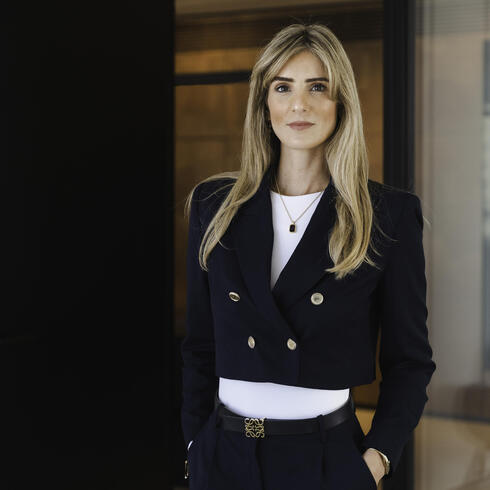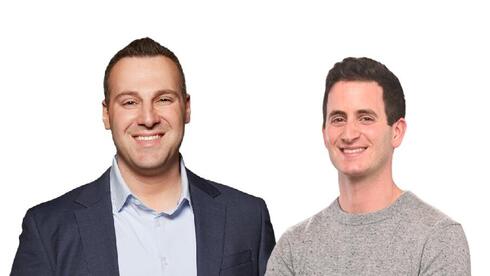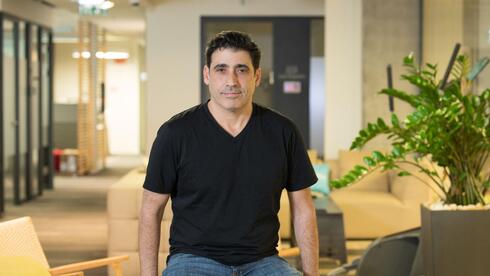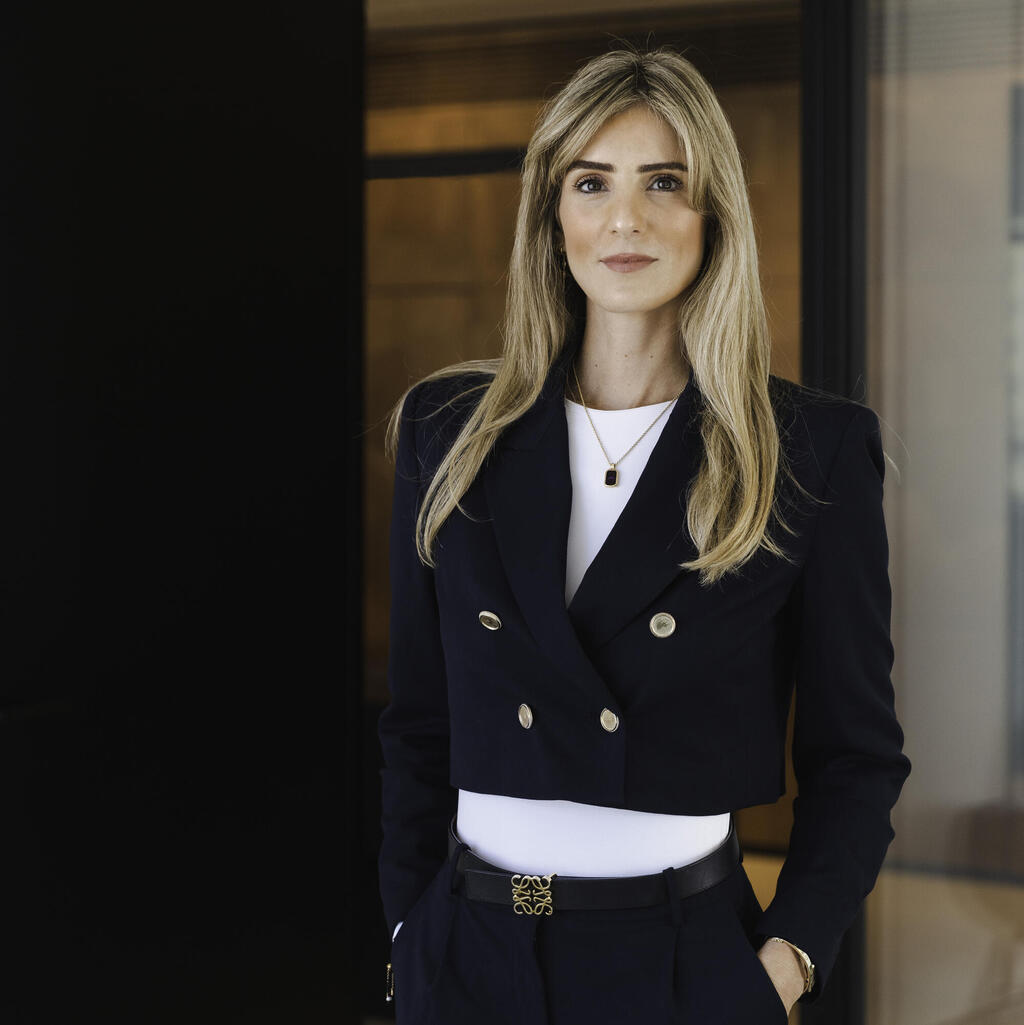
Pictet CEO: “Investors believe in Israeli tech”
Amid concerns over falling foreign investment in Israeli tech, Moran Alon, CEO of Pictet Wealth Management’s Israeli rep office, emphasizes the international investment group's long-term commitment and ongoing investment in Israeli tech, with a growing focus on AI and cybersecurity.
"We’ve not changed our strategy. We’re long-term partners," says Moran Alon, CEO of Pictet Wealth Management's Israeli rep office, about how Israel’s ongoing war has impacted their activities in Israel. "We’re super familiar with the country and very comfortable here."
Having joined Pictet just over a year ago, with 17 years of experience in the financial sector, including 12 years at Citibank, Alon leads the local branch of one of Switzerland's most prestigious investment groups, founded in 1805 in Geneva. With over 5,500 employees globally, Pictet focuses on wealth and asset management, serving high-net-worth individuals, and holds a strong reputation, being rated Double A minus.
Pictet’s presence in Israel began in 2000, initially through a team based in Geneva. The Israel branch officially opened in 2015, expanding its services to provide banking and investment support for Israeli clients. Despite the ongoing political and security challenges, particularly the war and political unrest that have marked recent years, Pictet has not wavered in its strategy, Alon says, adding that Pictet remains committed to its strict exclusion policy, which rules out investments in controversial industries such as defense or weapons manufacturing.
In a year that has seen a dramatic decrease in foreign investment in Israel’s tech industry, with investment by foreign investors falling by 23%, this is more than reassuring. Israel’s tech industry is disproportionately reliant on foreign investment compared to the U.S. or European tech ecosystems, and has already been facing reduced foreign investment due to last year’s judicial overhaul before October 7th and Israel’s subsequent multi-front war.
However, Alon notes that global events have also greatly shaped investment behavior over the past year, from Federal Reserve interest rate cuts to the ongoing war in Ukraine. "Volatility has risen sharply," she notes, especially in recent months, and the demand for guidance on asset allocation is higher than ever. She acknowledges that many clients have increased their investments outside of Israel, seeking to diversify geographically as uncertainty in the region continues. Since October 7th, "more and more people are opening accounts outside of Israel. Even before the war, most clients had 30-50% of their total assets outside of the country."
Despite the challenges, Israeli tech remains a significant draw for investors. In Q2 of this year, Israeli tech investment reached $2.8 billion, the highest figure since 2022. However, most of this investment came from large companies engaging in mega-rounds, a trend Alon highlights. "While investment is growing, it’s happening at a slower pace," she says, noting that mature companies continue to perform well while early-stage startups, particularly those seeking seed funding, are struggling.
"This isn’t just about Israel, though, it's about the larger global economy. Now money has a cost, regardless of the situation in Israel," says Alon.
Sectors such as cybersecurity, data, and artificial intelligence are driving much of the new investment. Alon notes that these areas continue to attract high levels of interest from both Israeli and international investors. "AI is growing, and sectors like cyber are easier to raise funds for," she explains. In terms of who is investing in the current period, Alon says most investment is coming from established wealth or tech entrepreneurs, "a major area from where new wealth is created," most of whom come from cyber, data and AI.
Pictet actively invests in Israeli tech, usually in Series B rounds and beyond. Their investments span fintech, cloud computing, and consumer tech, with companies like Mobileye, Monday, Wix, and Fiverr being part of their portfolio. Alon adds that AI is becoming a more significant area of focus, with Pictet leveraging tools like ChatGPT to assess trends and guide investment decisions. This technology enables Pictet to better understand where to allocate resources in an increasingly complex global market.
One of the biggest shifts in the current period is the growing debate around how tech companies allocate spending on AI. "There’s a mismatch between companies that invest for the long term, like Microsoft, and those that are more prudent," Alon notes. She adds that AI investments, while growing, come with heightened scrutiny, particularly in how companies monetize new technologies.
The Israeli market’s resilience is one of its defining characteristics, according to Alon. Despite the challenging geopolitical environment, Israeli tech continues to have recognition abroad, and international investors remain committed to the country’s innovation ecosystem. "Resilience and agility are what come to mind when people think of Israel," she says. "It's been very impressive to see how tech companies have continued to be successful and retain support from investors. Investors believe in Israeli tech and still see it as one of the most important countries for innovation."
Pictet’s long-standing presence in Israel is a testament to this confidence. While the political and economic turbulence has caused many to diversify their portfolios globally, Israel remains a key hub for technological growth. Alon notes that despite the downgraded credit rating and the complex geopolitical situation, Pictet’s clients remain confident in Israel’s potential. "Our clients have exposure to Pictet, which is rated Double A minus, and their investments are globally diversified," she says.
Alon says that as an investment group, Pictet does see themselves as part of the Israeli economy. "We invest across various sectors and support the ecosystem here. We have a lasting impact and are constantly in touch with local VCs and private investors."















